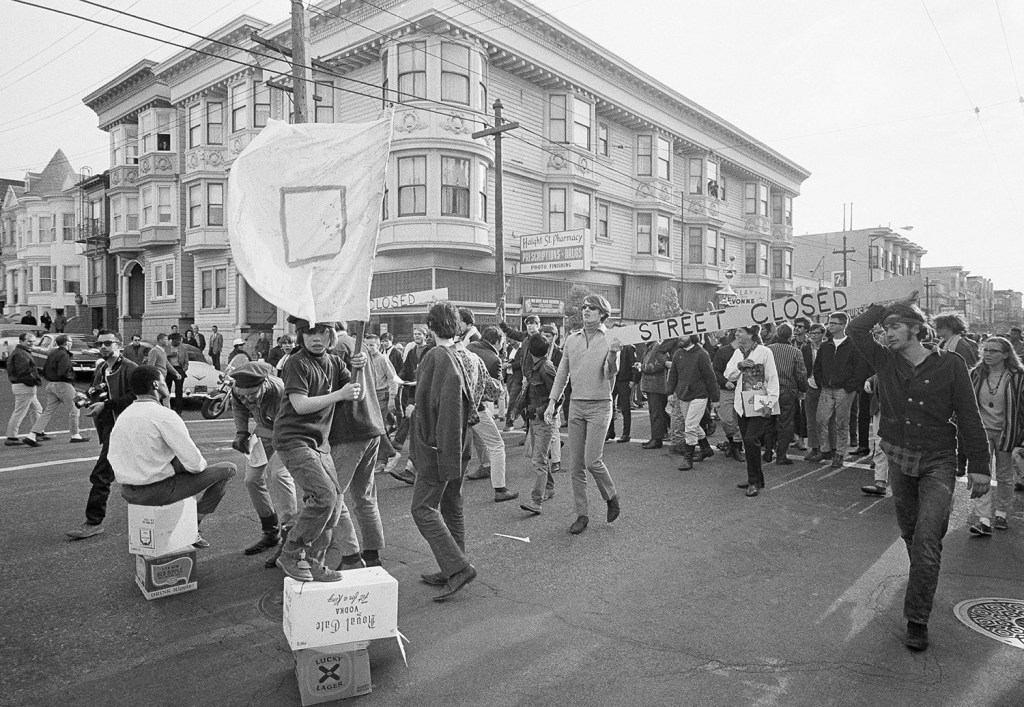After 40 years of covering elections, you’d think it would get old, but it doesn’t. Some elections — a few — have a relatively sunny cast to them. Others, as many would see this one, seem ominous — the product of our fears more than our hopes and aspirations for the civil society in which we all must live.
There are a few points, however, where we can all rally round, whatever our beliefs and however we express them on the ballot. One involves the truism most often attributed to the Boston Irish politician, U.S. House Speaker Tip O’Neill, that “All politics is local.”
It is often taken to mean that politics, at least in this country, is parochial, and that feelings of clan and tribe, religion and ethnicity mean more than larger issues such as health care and education. But that’s not its only sense.
Politics is local because, when it works, it starts in the community and builds up from there; the very first election I covered was a selectmen’s race. Yet most American states — Maine being a relatively honorable exception — have low voter turnouts except when the presidency is at stake, even though elections where we choose governors and legislators often have a greater effect on our daily lives.
The decline of politics as a participatory activity, which has continued most of my adult life, is most apparent at the local level. It’s often hard to find even one candidate for positions as important as the Augusta school board, and contested local elections are now rare.
One can trace this, in turn, to the decline in political party organizing, which long performed the vital role of steering ordinary citizens into public roles.
Finally, though, there are signs that perhaps we’re turning this around.
Young people seems more energized about campaigns and voting than they have since the Vietnam War era. If there are surprises on Nov. 6, it may well be because our newly enfranchised citizens take to a role in which they’ve long been assumed to be uninterested.
We use the phrase “activist” to describe those who seem unusually engaged in the political process. It’s a misnomer; I prefer “participation” — something that everyone can aspire to, in whatever way seems right to them.
In our time, we’ve seen concerted attempts to obstruct actions favored by a majority of the voters based on little more than personal whims or outdated ideologies, both nationally and in Maine. Yet when only a minority of the electorate chooses to vote, such actions are more, rather than less, likely to continue.
Positive change can occur at the ballot box, and if those elected fail to listen, voters must redouble their efforts. That’s the system we have. Collectively, we do shape the future, even if at times it’s hard to see.
The difficult part comes after the election, when the programs favored by the majority have to be shaped and implemented. Maintaining engagement isn’t easy, but there’s no doubt a new generation can accomplish the task.
We can’t have an Athenian town meeting of 325 million Americans — though it would be interesting to try — so we must rely instead on elections to choose those who will make and implement the laws that bind all of us, and keep the system working.
What many past elections do teach us, however, is that our system isn’t perfect. As for many sports fans, it sometimes seems the sting of defeat lasts longer than the glow of victory.
So the second point comes from E.B. White, who adopted Maine as his home and produced many of the 20th century’s most wonderful short essays, in addition to his immortal children’s books. It was White who said, in 1943, that “Democracy is the recurrent suspicion that more than half the people are right more than half the time.”
We may think our times are dark, but they were a lot darker back then. Hitler, Mussolini and Stalin were still in power, and few of the millions of people they ruled had anything to say about how they would live their lives, or even if they would be permitted to live another year.
Even if we get it wrong, even if those we elect disappoint, we get another chance to get it right. That’s the genius of democracy.
Our system has withstood the pressure toward autocracy before, and can again — but only if we vote, and we participate. After Nov. 6, the hard work will begin, but we should welcome it, because it’s good work, too.
Douglas Rooks has been a Maine editor, opinion writer and author for 33 years. His new book is “Rise, Decline and Renewal: The Democratic Party in Maine.” He welcomes comment at: drooks@tds.net
Send questions/comments to the editors.



Success. Please wait for the page to reload. If the page does not reload within 5 seconds, please refresh the page.
Enter your email and password to access comments.
Hi, to comment on stories you must . This profile is in addition to your subscription and website login.
Already have a commenting profile? .
Invalid username/password.
Please check your email to confirm and complete your registration.
Only subscribers are eligible to post comments. Please subscribe or login first for digital access. Here’s why.
Use the form below to reset your password. When you've submitted your account email, we will send an email with a reset code.